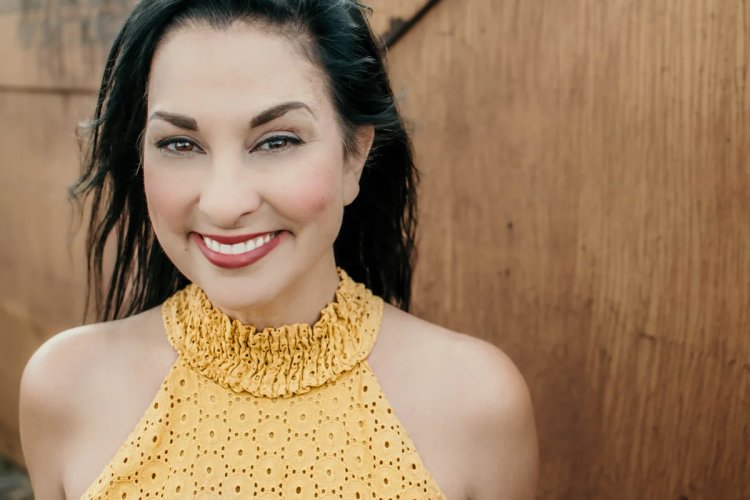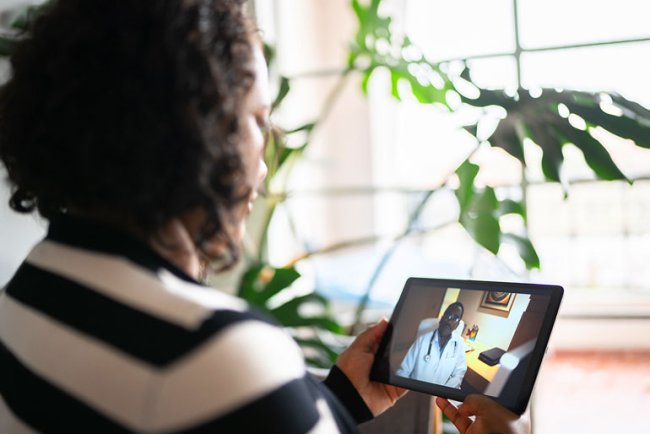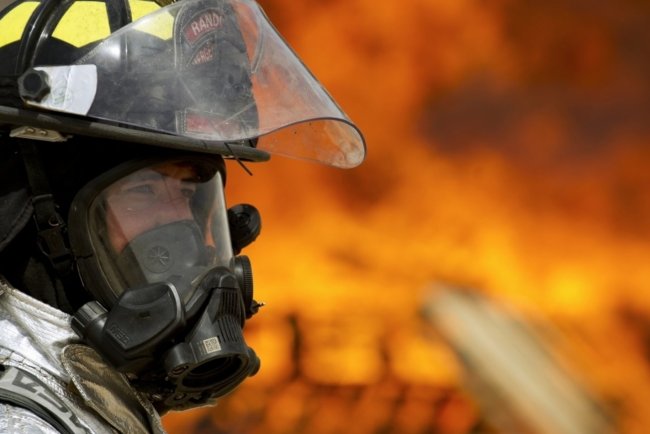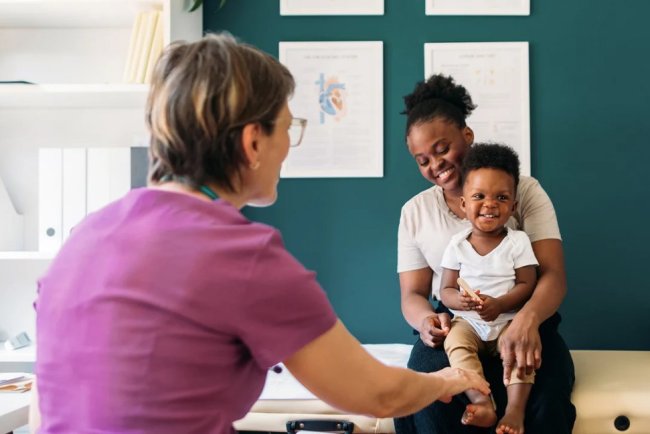I Wasn’t Nervous—It Was a Heart Attack at 39
Like many, I never thought I could have a heart attack so young—but I was wrong.

It was a typical Friday night in Waikiki, and I was running late. Rushing backstage, I quickly apologized to the crew. "Sorry, my makeup appointment ran longer than expected," I explained. But the truth was, I hadn't planned to get my makeup done—I had forgotten it at home. And it wasn’t the first time. Lately, forgetfulness had become a pattern, something completely out of character for me.
I had been feeling off for a while—constantly exhausted, out of breath from even the simplest tasks, like walking up a flight of stairs. I brushed it off as the result of working a full-time job and singing a few nights a week, but deep down, I knew something wasn’t right.
As I bent down to fill my cup with water, a sharp pain shot through my back, making me gasp. I had felt this pain before.
A year earlier, while visiting friends in Las Vegas, I experienced severe heartburn, nausea, and persistent back pain. Worried, I called 911. At the hospital, doctors diagnosed me with myocarditis—an inflammation of the heart muscle—but couldn’t explain why it was happening. I hadn’t been sick, and there was no infection. They assured me it would go away on its own and sent me home with painkillers, which made me feel even worse. When I followed up with my doctor, he echoed the same message: rest for a month, avoid exercise, and I’d be fine.
But here I was again, except this time, the pain was unbearable. I did what so many women do when experiencing heart issues—I pushed through. I told myself I could make it through my set, and then I’d go to urgent care.
That plan didn’t last long. Soon, I could barely stand. One of my fellow singers called 911, and moments later, I was being wheeled out on a stretcher, past a packed audience.
At the hospital, the doctor reviewed my symptoms and gave me news I wasn’t prepared for: I was having a heart attack and needed surgery immediately.
I actually laughed. “That’s not possible,” I said.
I was 39, active, and while I could have eaten healthier, my diet wasn’t terrible. Heart attacks happened to older people, right? I called my family, and they were just as shocked as I was. Still, they urged me to have the procedure. I reluctantly agreed.
When I woke up, the doctor explained that I had indeed suffered a heart attack, and they had performed an angioplasty, inserting a balloon to open my artery. He also told me that I was anemic—something I had never considered before—and that low iron levels can contribute to heart attacks. He handed me prescriptions for cholesterol and blood pressure medication and discharged me.
I sat in the hospital room, stunned. How had this happened? As I processed everything, a nurse commented on how nice I looked. That’s when I realized I was still in full makeup from the night before—false lashes and all.
In the weeks that followed, I was amazed at how much better I felt physically—no more labored breathing, no more exhaustion. But mentally, I struggled. I lived in fear of another heart attack, constantly on edge. I also wrestled with guilt. I had been doing what I thought was right, yet my heart had still failed me. Was it my fault?
Eventually, I started therapy, and that was a game-changer. I learned that recovering from a traumatic health event isn’t just about physical healing—mental health plays a huge role too. It took time, but I’ve come to accept that my experience doesn’t define me. Instead, it has given me a new perspective on life and a deeper appreciation for my health.
What's Your Reaction?




















